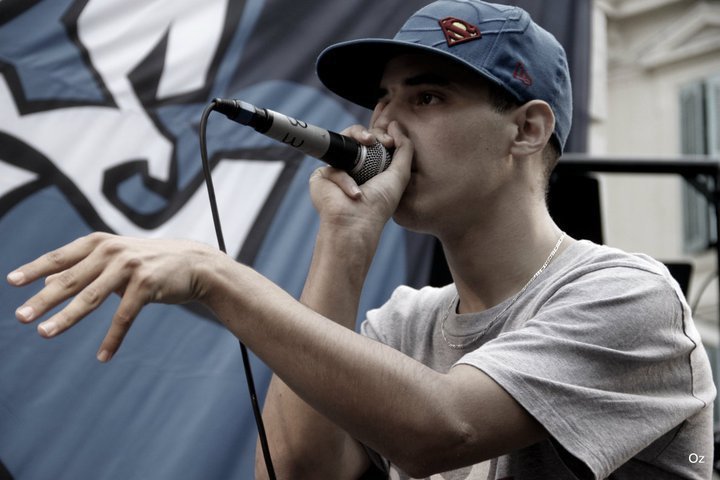BEATBOXING IS A VOCAL FORM that blew up as one of the original elements of hip-hop in the 1980s. Early masters from that era such as Doug E. Fresh still rock crowds on occasion, as in this clip of beatboxing and freestying with Will Smith from 2012.
These days, beatboxers are more influenced by electronic music and dubstep than rap or hip-hop, says Kaila Mullady, a 21-year-old beatboxer from Long Island. She herself loves indie-alternative, and one of her beatboxing colleagues is also an opera singer.
